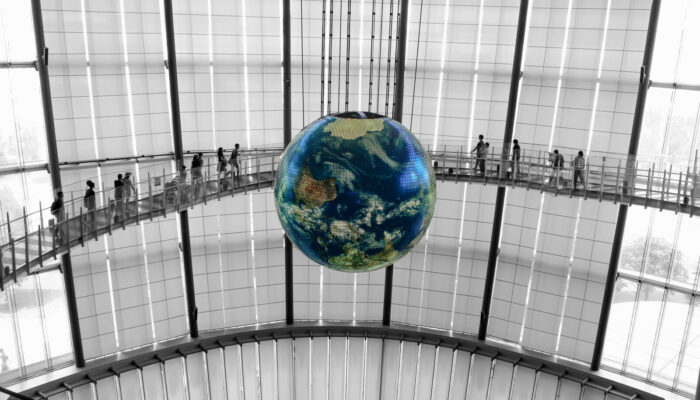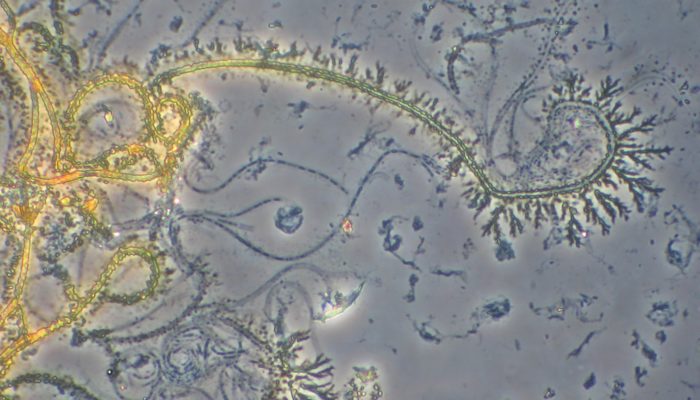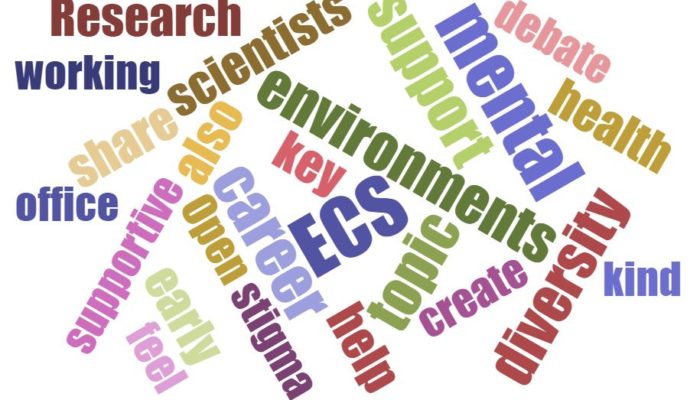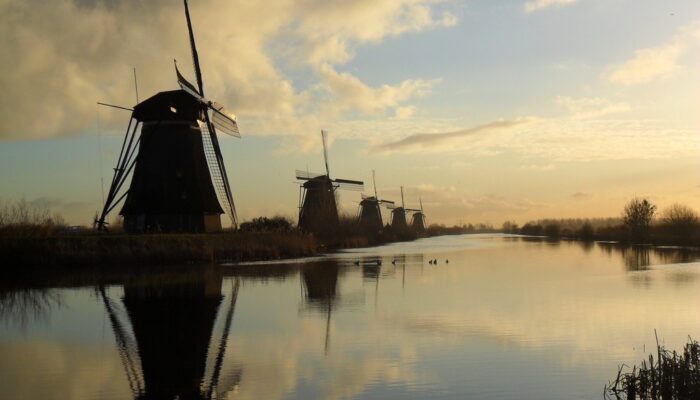This blog summarises The Anti-Autocracy Handbook: A Scholars’ Guide to Navigating Democratic Backsliding. This handbook provides practical strategies for academics facing politically hostile environments and offers a framework to protect scientific integrity and academic freedom without compromising personal safety. Around the world, we are witnessing a disturbing rise in democratic backslid ...[Read More]
GeoPolicy: The academic practice of resistance: Learning solutions in the age of autocracy




